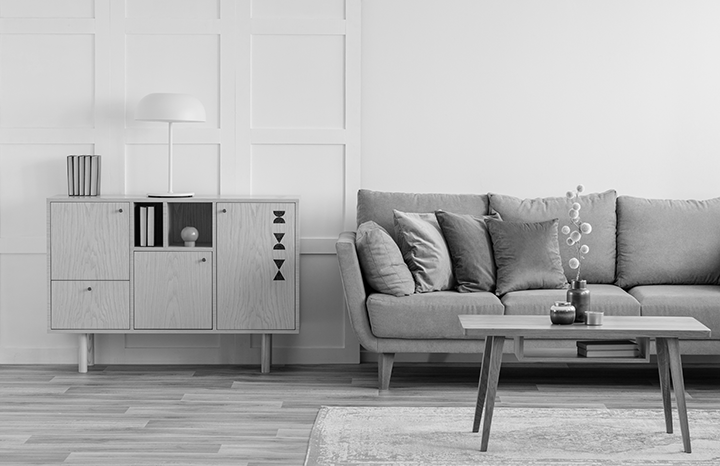
One of the most common myths is the assumption that legal limits on the amount of basic rent do not apply if the apartment is furnished.
Furniture rented out with the apartment can only lead to the rent control law not applying—under certain additional conditions—if the landlord also lives in the apartment, i.e., shares the kitchen and/or bathroom with the tenant. If, on the other hand, the rented living space is entirely at the tenant's disposal, the rent control rules apply.
However, the landlord may charge a so-called furnishing surcharge. In Berlin, this amounts to 2% of the current value of the furniture per month. However, this is subject to the furnishing surcharge being legally stipulated in the rental agreement. Such clauses are often invalid. For example, no furniture surcharge can be charged for a fitted kitchen if the features of the fitted kitchen are already listed in the relevant rent index as characteristics that increase the value of the apartment. Otherwise, this would lead to an impermissible double charging for the furniture.
Regardless of the furnishings, the fixed term of a lease may have an impact on the applicability of the rent cap. However, please read Misconception 5: Fixed-term tenancy.
First, it must be checked whether an effective furniture surcharge was agreed in the rental agreement. If this is not the case, the landlord cannot charge extra costs for renting the furniture.
If, on the other hand, a furniture surcharge was effectively agreed, calculating the maximum rent is somewhat more complicated than for an unfurnished apartment. This is because in order to calculate the so-called “local comparative rent” for the apartment, the furniture surcharge must first be deducted. This is often not specified in the contract, which unfortunately is not required by law. However, the tenant has the right to request information on the calculation of the current value of the furniture by the landlord and can thus defend themselves against excessive rent.
The tenant may request the following information about the furniture from the landlord: the purchase price of the furniture, the date of purchase, the depreciation method used (e.g., according to the Berlin or Hamburg model), and the useful life of the furniture.
Once the maximum rent has been calculated on the basis of additional information provided by the landlord, the tenant must notify the landlord in writing that the rent is too high. The landlord is then obliged to reduce the rent to the legally compliant amount and, if necessary, refund any excess money paid to the tenant. Since calculating the maximum rent and drafting a complaint requires legal expertise, it is advisable to hire a professional legal service provider to reduce the rent.